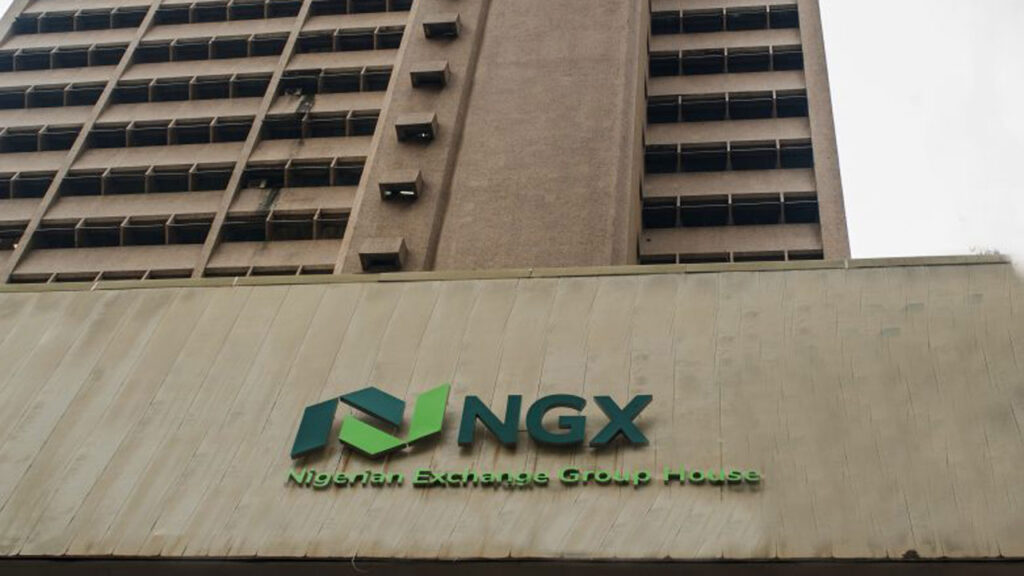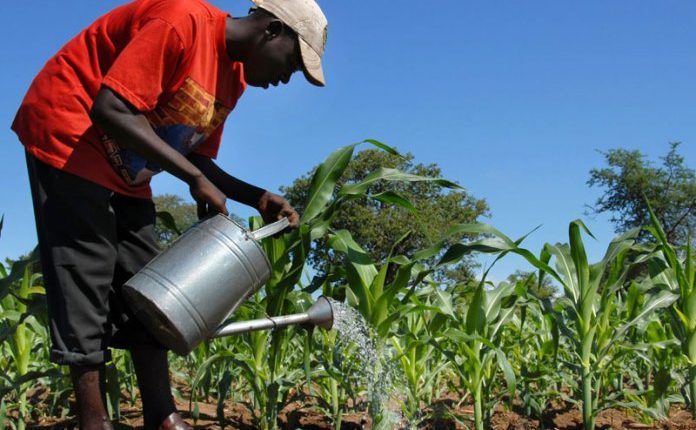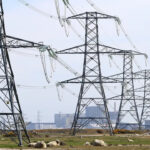
• Nigeria’s butane production needs gas processing, exploration for expansion
Nigeria and countries in Africa bear the major brunt as 2.3 billion people lack access to clean cooking facilities globally just as millions of households rely on traditional and inefficient cooking methods such as open fires and solid fuels like wood, charcoal and animal dung.
According to a documentary by the International Energy Agency (IEA), there are about 760 million people globally, who lack access to electricity and about 2.3 billion who still rely on primitive sources of energy to cover their cooking needs and Africa is one of the regions that is most affected by this issue.
It added that women and children are being disproportionately impacted by the lack of energy access, particularly to clean cooking as it is estimated that 500,000 women die prematurely every year in Africa due to the lack of clean cooking access. Women are said to spend up to four hours a day just collecting firewood, rubbing them off their time and preventing their educational and professional aspirations.
“Most surprisingly, the amount of investment needed to bridge this access gap for clean cooking in Africa is only $4 billion yearly from now till 2030. To put that amount into context, that’s the same amount we spend in Europe drinking coffee a week,” it stated.
According to the Executive Director of IEA, Faith Birol, solving access to clean cooking does not require a technological breakthrough but comes down to political will from governments, development banks and other entities seeking to eradicate poverty and gender inequality.
Africa’s population without clean cooking access continued to climb. Under today’s policy settings, most African countries are not expected to reach full clean cooking access even in the 2050s.
“Clean cooking is a topic that rarely hits the headlines or makes it onto the political agenda. Yet, it is a cornerstone of global efforts to improve energy access, gender equity, economic development and human dignity. Tackling this injustice is affordable and achievable,” he said.
The agency mentioned that reaching universal clean cooking access by 2030 would decrease premature deaths from air pollution by 2.5 million a year, save time, allow women to pursue new opportunities, and cut greenhouse gas emissions by 1.5 billion tonnes a year.
Energy Economist, Kelvin Emmanuel, noted that transitioning Africa from charcoal and dual-purpose kerosene to LPG presents challenges beyond just providing gas cylinders and burners. He pointed out that the major challenge lies in supplying the butane component (C4H8), which is a significant part of LPG composition, at a cost lower than what kerosene offers.
He emphasised that this initiative aligned with the United Nations Framework Convention on Climate Change (UNFCCC) pact on climate change because it’s cleaner and more environmentally friendly.
“Nigeria for example ranks 102 in terms of consumption per capita at around 6kg and has a lot of work to do in terms of increasing the amount of butane it generates from processing natural gas either through catalytic converter, exploring and mining non-associated gas fields,” he said.
He mentioned that the 30 per cent black market premium in the FX market and the lack of a forward curve make it difficult for importers of butane to offer LPG prices at affordable rates to consumers, let alone cover the cost of distribution within the country at current diesel prices.













